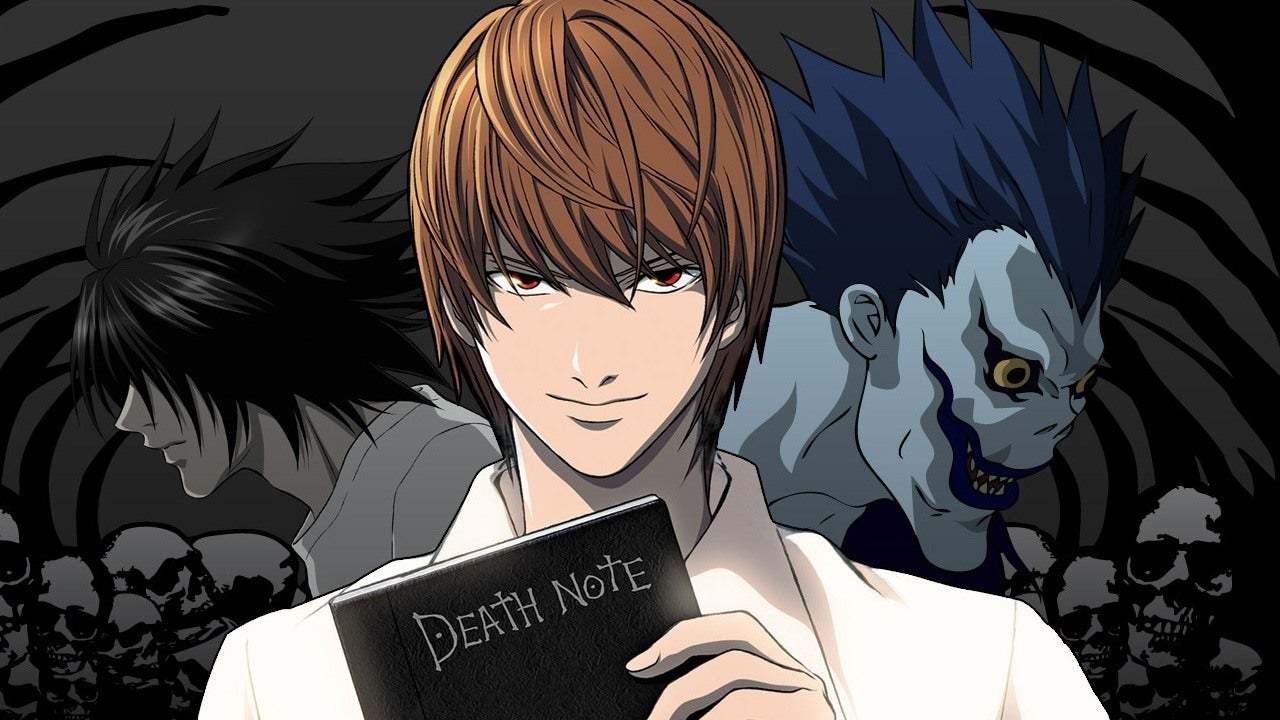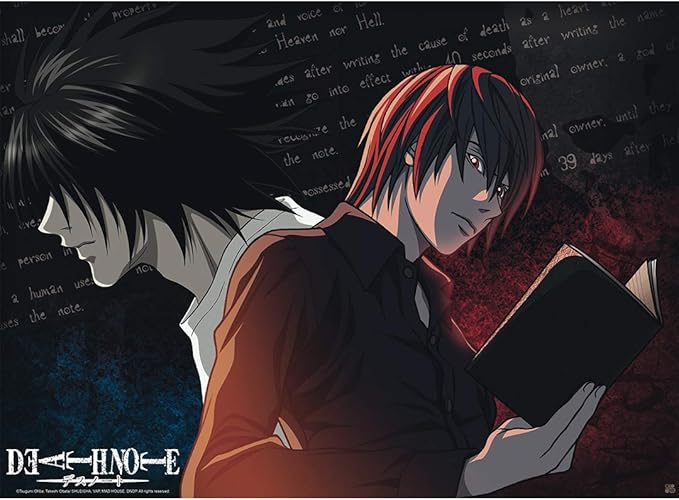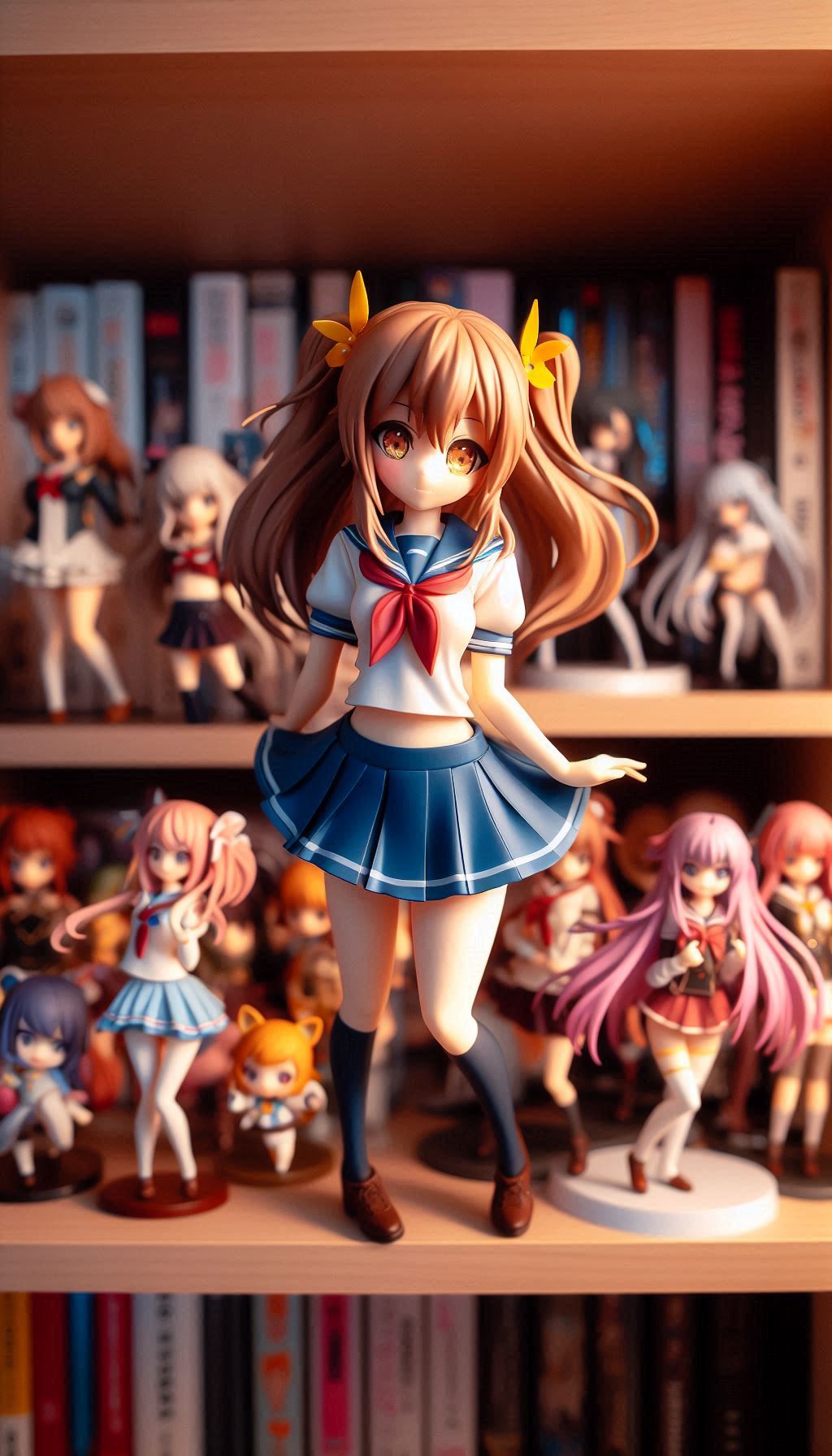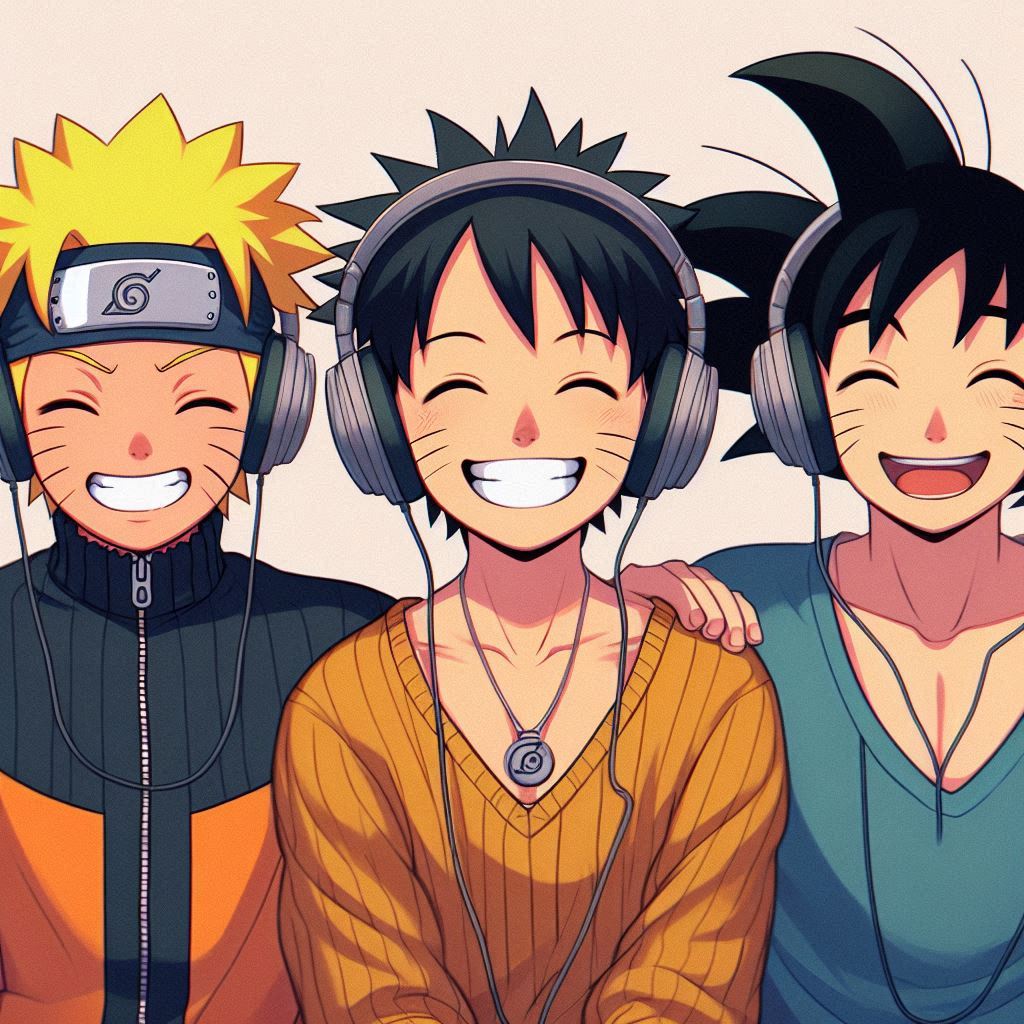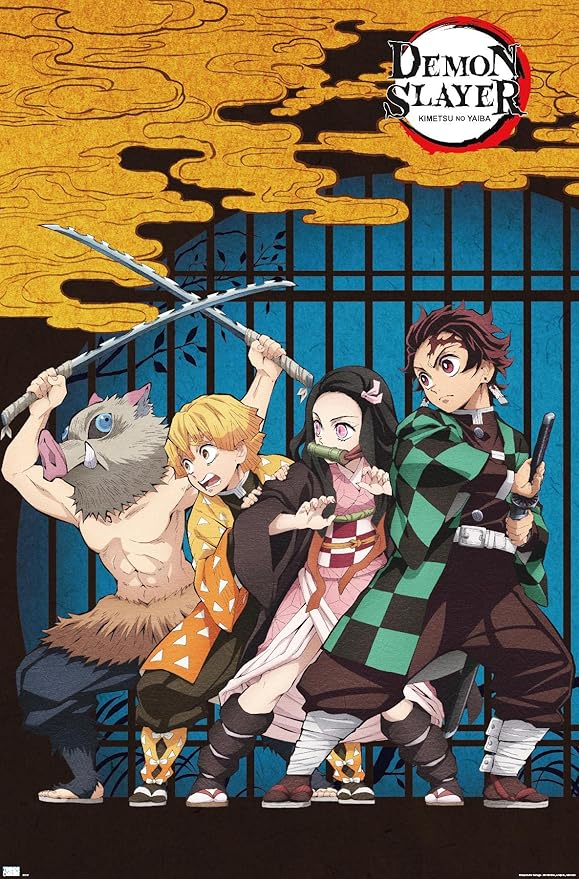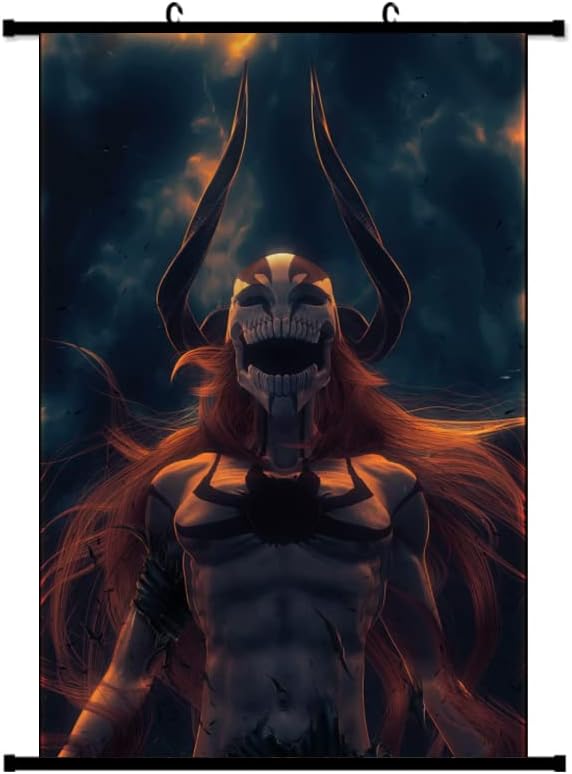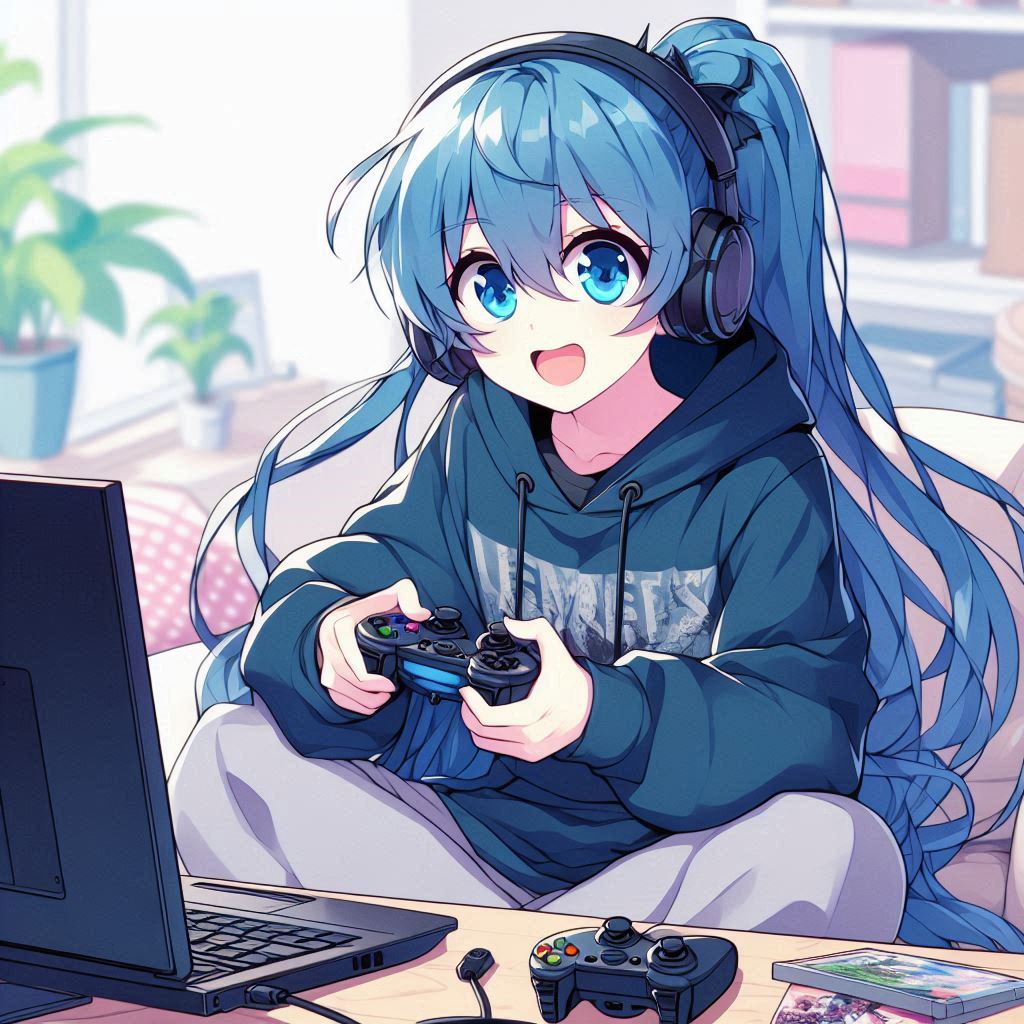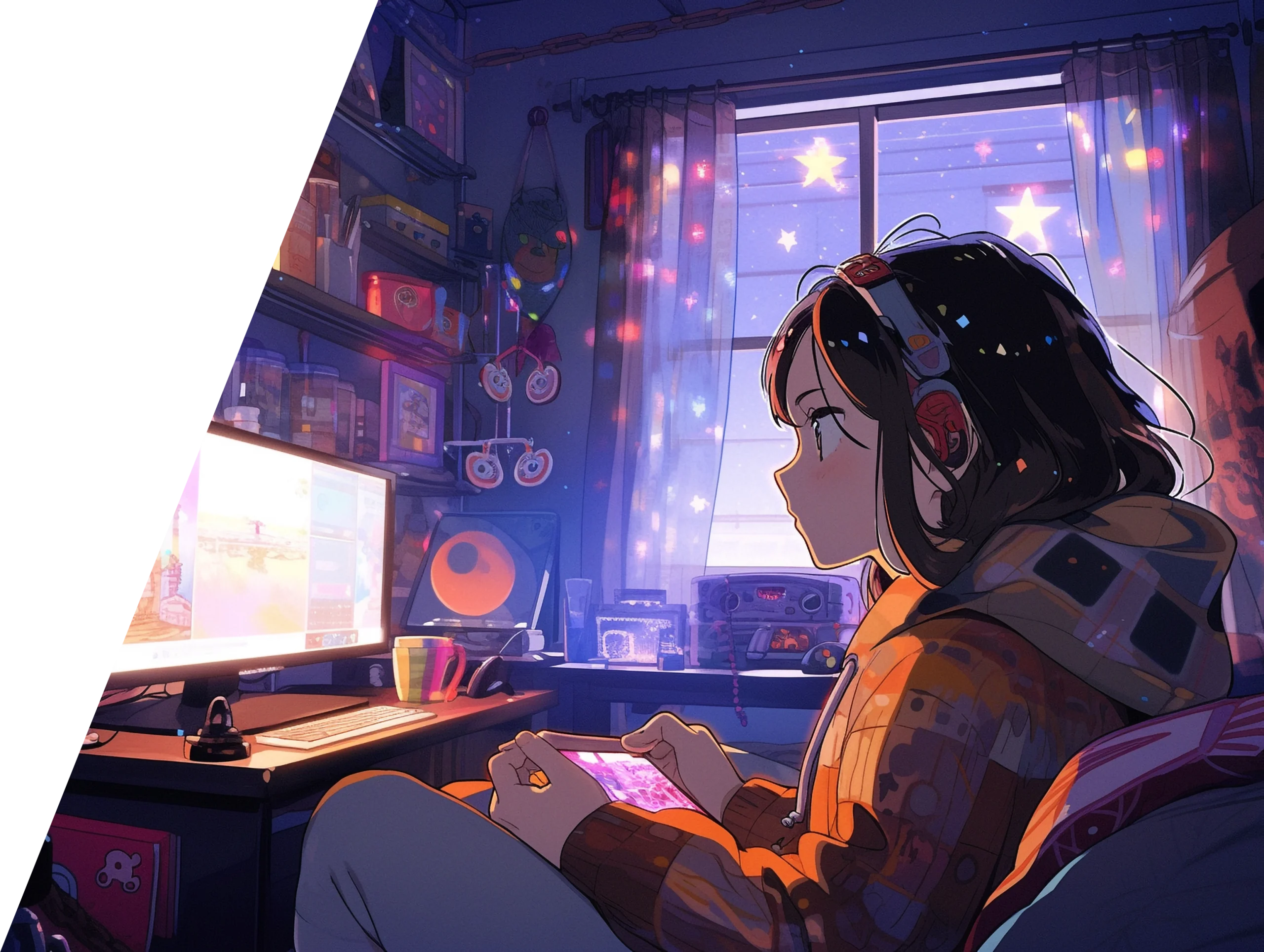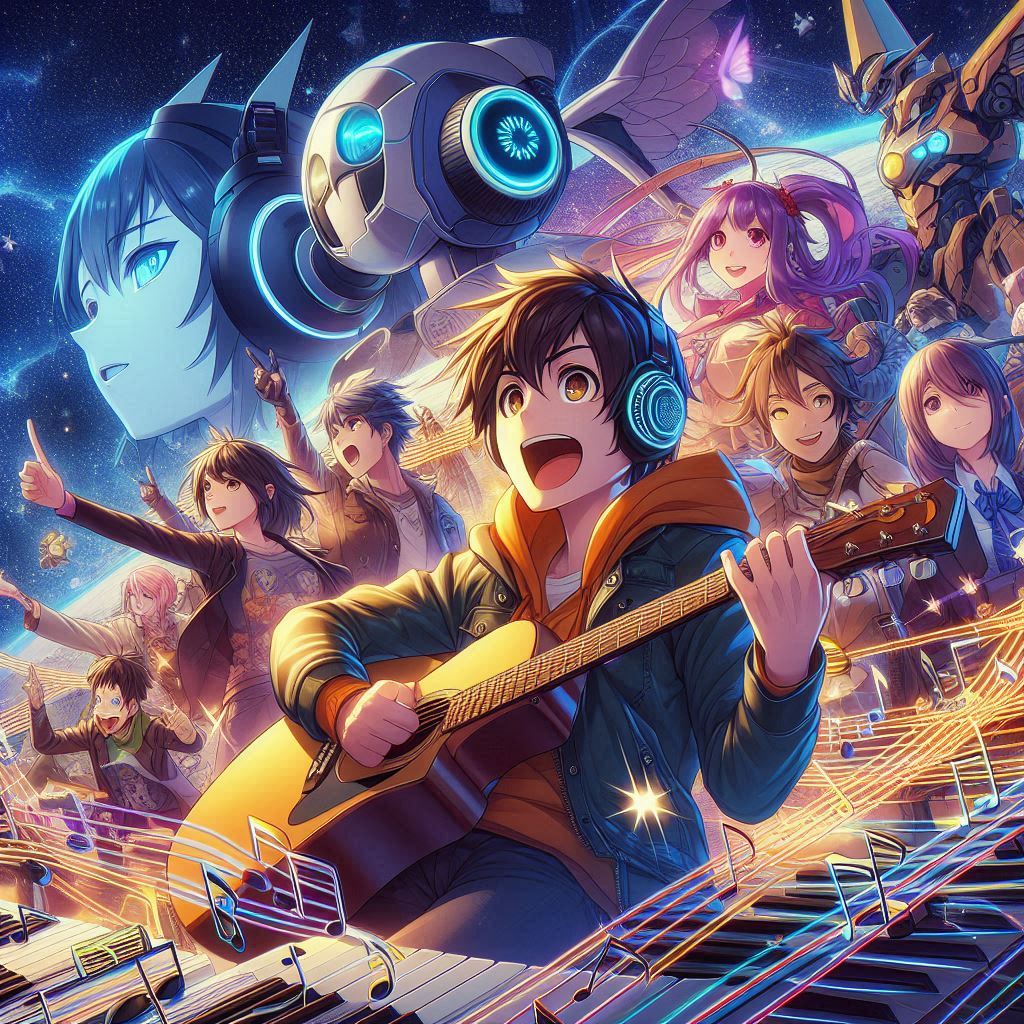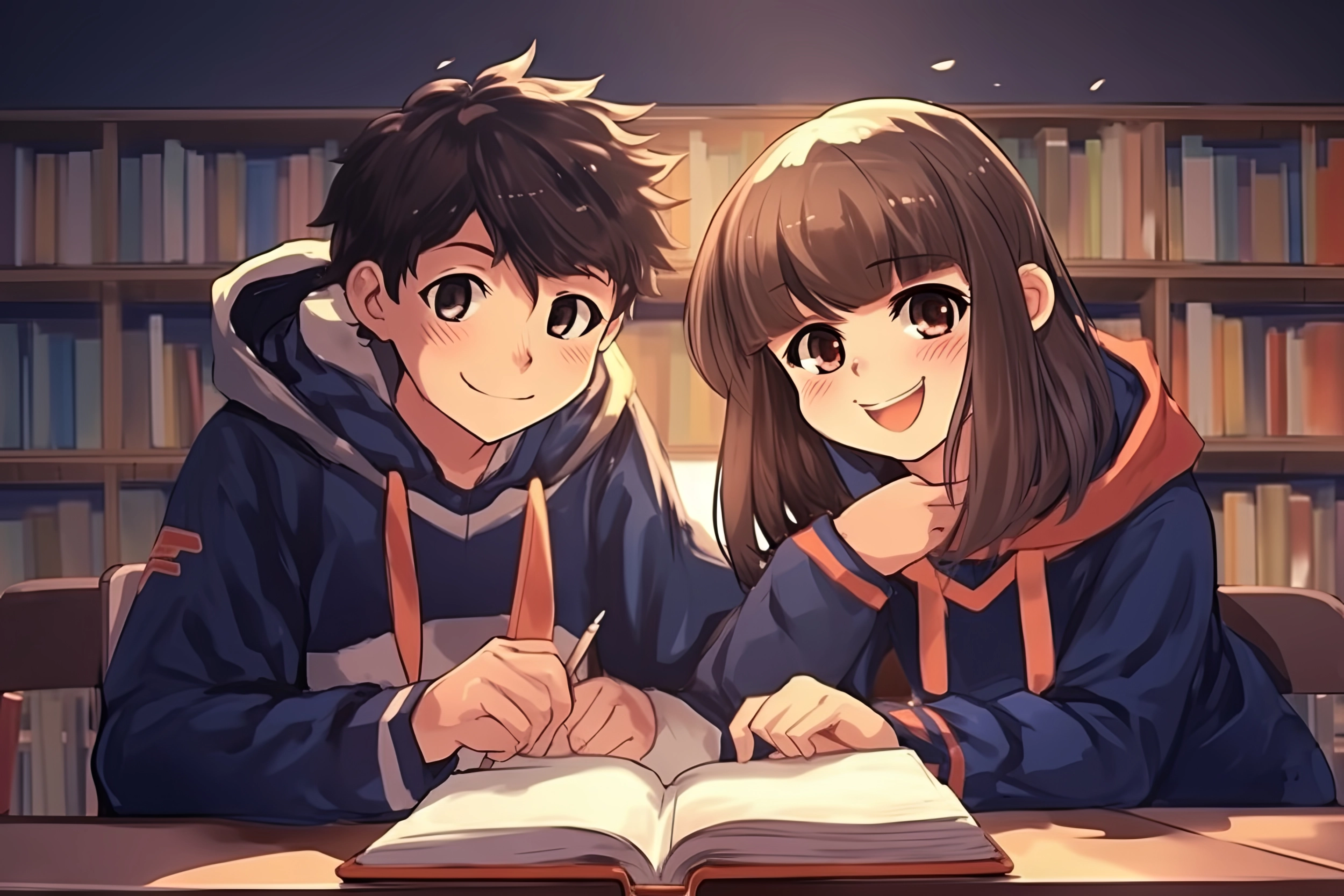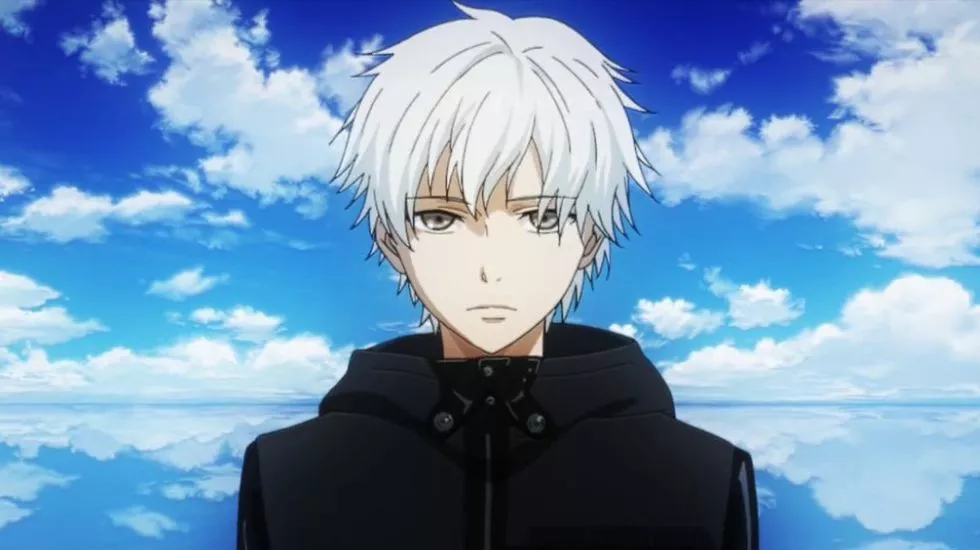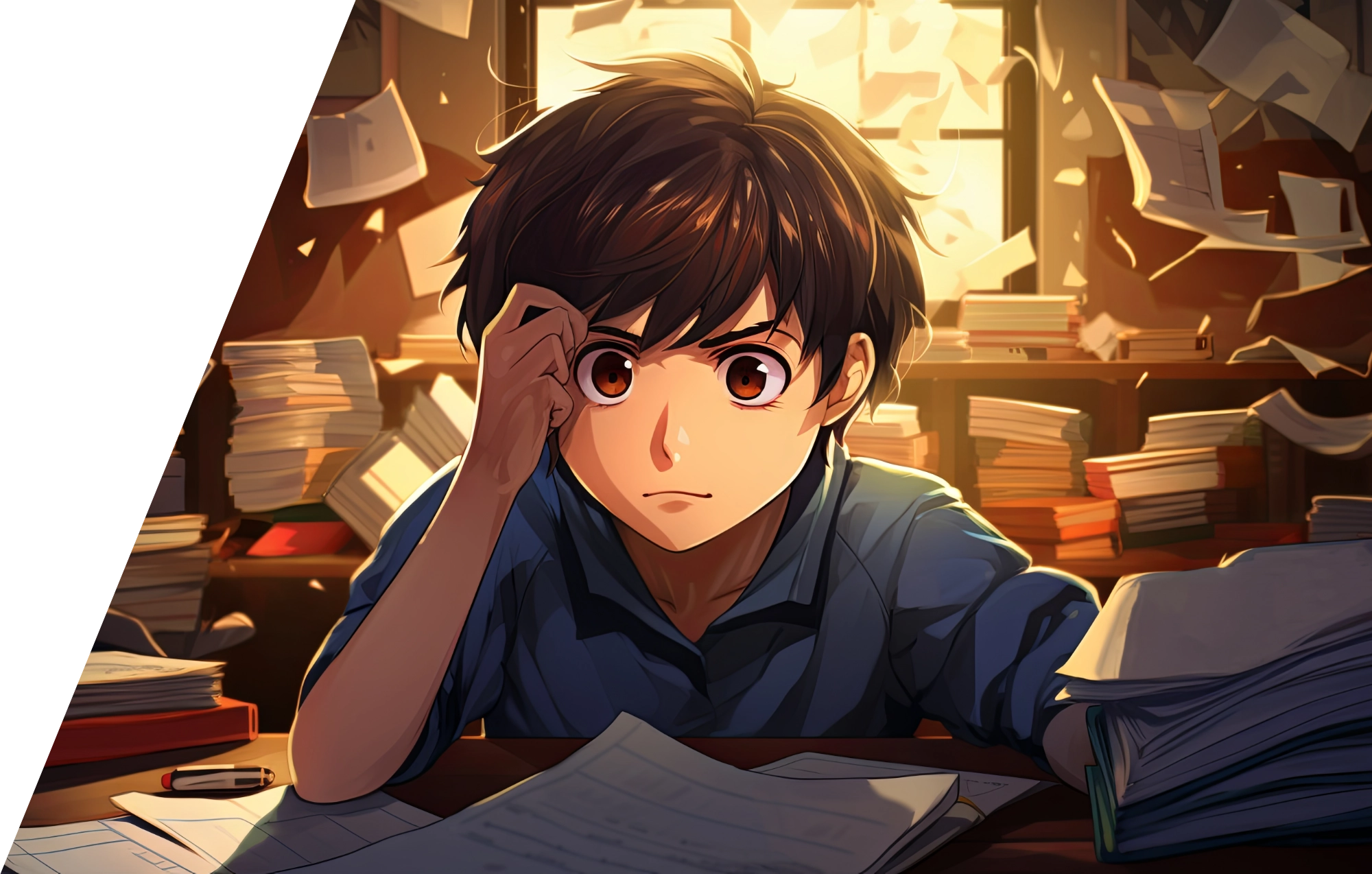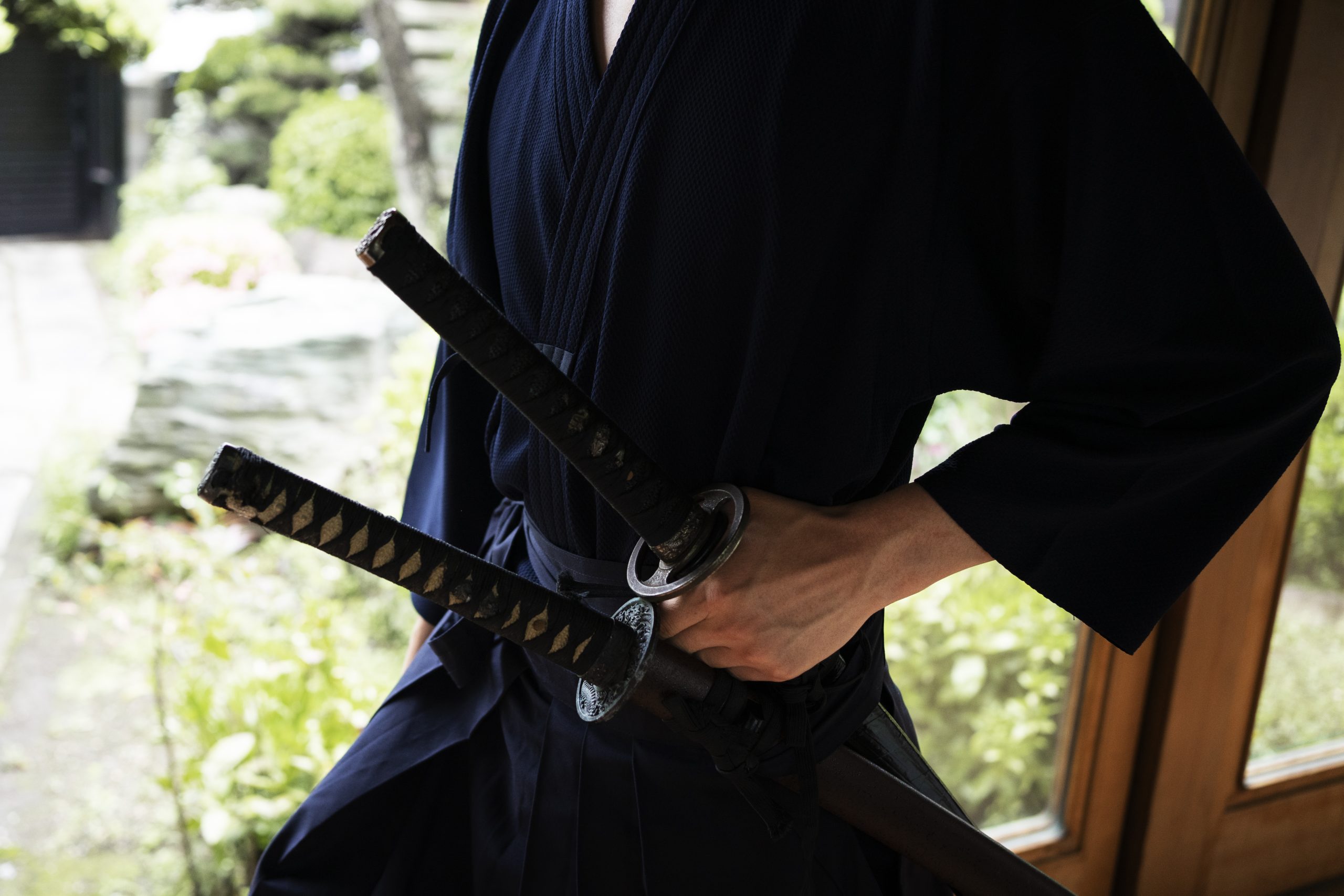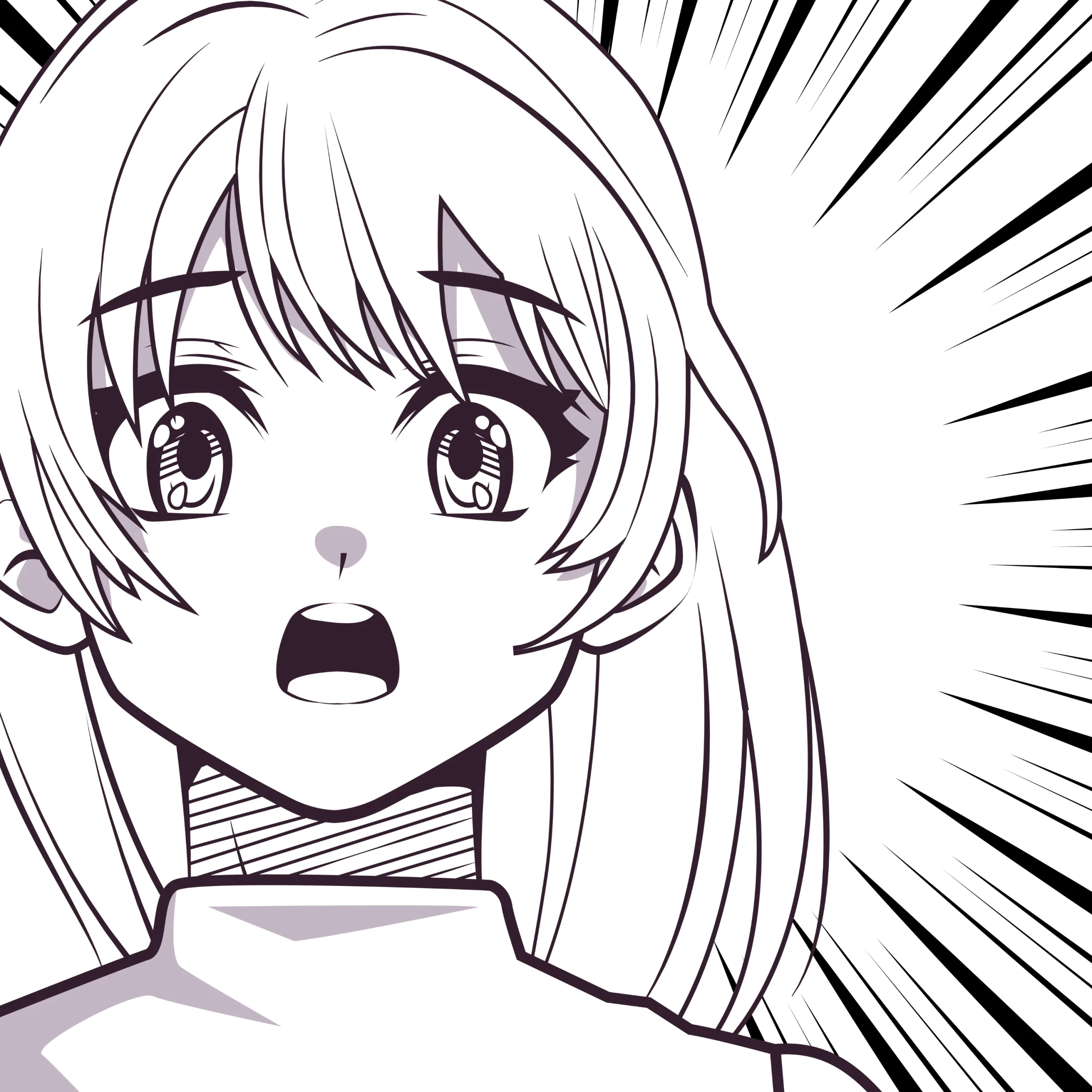Author: ShiroiYozora 12.09.2024
This site contains affiliate links to products. We may receive a commission for purchases made through these links. Learn more.
The Divine Delusion: Unraveling Light's God Complex in Death Note
Contents
- 1 The Divine Delusion: Unraveling Light's God Complex in Death Note
- 1.1 A Tale of Power and Corruption
- 1.2 The Birth of a God: Light's First Taste of Power
- 1.3 The God Complex Takes Root
- 1.4 The Corruption of Power
- 1.5 Light vs. L: A Battle of Wits and Ideologies
- 1.6 The Psychology Behind Light's God Complex
- 1.7 The Consequences of Playing God
- 1.8 The Fall of a Self-Proclaimed God
- 1.9 Lessons from Light's Descent
- 1.10 Conclusion: The Legacy of Light's God Complex
- 2 Anime Zone!
- 2.0.1 Gadgets and more!
- 2.0.1.1 Unleash Your Inner Ninja: Best Naruto Gadgets from Amazon That’ll Make You Feel Like a Hokage
- 2.0.1.2 Top 10 Anime Girl Figures You Need in Your Collection from Amazon
- 2.0.1.3 From Epic to Emotional: Discover the 10 Best Anime Soundtracks on Amazon That Will Give You Goosebumps
- 2.0.1.4 From Swords to Style: 10 Coolest Kimetsu no Yaiba Accessories That Will Make You Feel Like a Demon Slayer
- 2.0.1.5 From Doodles to Masterpieces: Unveiling the 5 Best How-To-Draw Manga Books That’ll Make You Go Viral
- 2.0.1.6 Bleach Chic: 9 Amazon Finds That’ll Make Your Inner Anime Fan Go Bankai!
- 2.0.1.7 Outsmart Light Yagami: 7 Best Death Note Gadgets That Even He Couldn’t Resist
- 2.0.1.8 Level Up Your Fandom: 10 Best Anime Games That Even Non-Gamers Can’t Resist
- 2.0.1.9 Discover Mind-blowing Anime: Top 3 Watching Sites Revealed
- 2.0.1.10 Top 10 Attack On Titan Gadgets from Amazon
- 2.0.1.11 Top 10 Dragon Ball Gadgets from Amazon
- 2.0.1.12 One Piece Top 10 Anime/Manga gadgets from Amazon
- 2.0.2 Blog Posts!
- 2.0.2.1 From Outcast to Hero: How Naruto’s Journey Mirrors Real-Life Struggles
- 2.0.2.2 How Anime Soundtracks Influence Modern Japanese Music
- 2.0.2.3 Otaku Alert: 100 Must-Know Japanese Words That Will Make You an Anime Insider Overnight
- 2.0.2.4 The Divine Delusion: Unraveling Light’s God Complex in Death Note
- 2.0.2.5 From Human to Ghoul: How Tokyo Ghoul Redefines the Meaning of Life
- 2.0.2.6 From Studio Ghibli to Sailor Moon: The Surprising Impact of Cats in Anime
- 2.0.2.7 From East Blue to the New World: Exploring One Piece’s Incredible Saga
- 2.0.2.8 The Secret Anime Method: How I Mastered Japanese Learning Without Textbooks
- 2.0.2.9 The Legendary Katana: From Ancient Battlefields to Modern Screens
- 2.0.2.10 From Otaku to Trendsetter: How Anime Fashion is Taking Over Street Style
- 2.0.2.11 10 Mind-Blowing Anime Plot Twists That Will Leave You Speechless
- 2.0.1 Gadgets and more!
A Tale of Power and Corruption
In the dark and twisted world of Death Note, one character stands out as a beacon of both hope and despair: Light Yagami. This seemingly ordinary high school student transforms into a self-proclaimed god, wielding the power of life and death with a mere stroke of his pen. But what drives this transformation? What fuels Light's descent into madness and his unwavering belief in his own divinity? Let's dive deep into the psyche of Light Yagami and explore the god complex that defines his character.
The Birth of a God: Light's First Taste of Power
The Fateful Encounter
It all begins with a simple black notebook falling from the sky. Light Yagami, a brilliant student with a strong sense of justice, stumbles upon the Death Note and discovers its terrifying power. With the ability to kill anyone by writing their name in the notebook, Light is suddenly thrust into a position of unimaginable influence.
The Initial Temptation
At first, Light is hesitant to use the Death Note. But as he witnesses the injustices of the world around him, he can't resist the urge to play judge, jury, and executioner. This initial taste of power is intoxicating, and it sets Light on a path that will forever change him.
"This world is rotten, and those who are making it rot deserve to die. Someone has to do it, so why not me?" - Light Yagami
The God Complex Takes Root
Defining the God Complex
Before we delve deeper into Light's psyche, let's take a moment to understand what a god complex really is. A god complex is a psychological state in which an individual believes they possess divine-like powers or qualities. They see themselves as superior to others and often feel entitled to make decisions that affect the lives of those around them.
Light's Transformation
As Light continues to use the Death Note, his god complex begins to take shape. He starts to view himself as the only one capable of cleansing the world of evil. His actions, no matter how brutal or questionable, are justified in his mind because he believes he's working towards a greater good.
Light's god complex manifests in several ways:
- He sees himself as infallible and above human law
- He believes he has the right to decide who lives and who dies
- He views opposition to his actions as a personal affront to justice itself
The Corruption of Power
The Slippery Slope
Light's journey from a well-intentioned student to a megalomaniacal killer is a classic example of how power can corrupt. With each name he writes in the Death Note, Light becomes more detached from his humanity. He starts to view people as mere pawns in his grand scheme, disposable if they stand in his way.
The Justification of Evil
One of the most chilling aspects of Light's god complex is his ability to justify increasingly heinous acts. What starts as killing criminals evolves into murdering innocent people who threaten to expose him. Light's moral compass becomes so warped that he sees these actions as necessary sacrifices for his new world order.
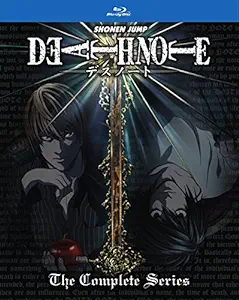
Watch Death Note!
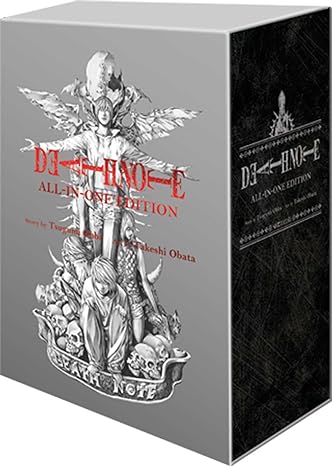
Read Death Note!
Light vs. L: A Battle of Wits and Ideologies
The Worthy Opponent
Enter L, the world's greatest detective and Light's intellectual equal. The cat-and-mouse game between Light and L is not just a battle of wits, but a clash of ideologies. L represents the established order and the rule of law, while Light embodies the idea of vigilante justice and absolute power.
The God Complex Put to the Test
Light's confrontations with L serve to both challenge and reinforce his god complex. Each time he outsmarts the detective, Light's belief in his own superiority grows stronger. However, L's persistence also forces Light to confront the possibility that he might not be as invincible as he thinks.
The Psychology Behind Light's God Complex
Narcissism and Grandiosity
At the core of Light's god complex lies a deep-seated narcissism. He truly believes that he is superior to everyone around him, and this belief is only amplified by his possession of the Death Note. Light's grandiose visions of a world shaped by his will are a direct result of this narcissistic tendency.
The Need for Control
Light's god complex is also driven by an intense need for control. In a world that often seems chaotic and unjust, the Death Note gives Light the power to impose order as he sees fit. This illusion of control feeds into his belief that he is the only one capable of steering humanity in the right direction.
The Consequences of Playing God
The Toll on Light's Humanity
As Light descends deeper into his god complex, we see him lose touch with his own humanity. He becomes increasingly isolated, unable to form genuine connections with others. Even his family and supposed allies are merely tools to be used and discarded as needed.
The Ripple Effect
Light's actions have far-reaching consequences that extend beyond just those he kills. His reign as Kira creates a world of fear and uncertainty, where people live in constant dread of divine judgment. This atmosphere of terror is a stark contrast to the utopia Light envisions.
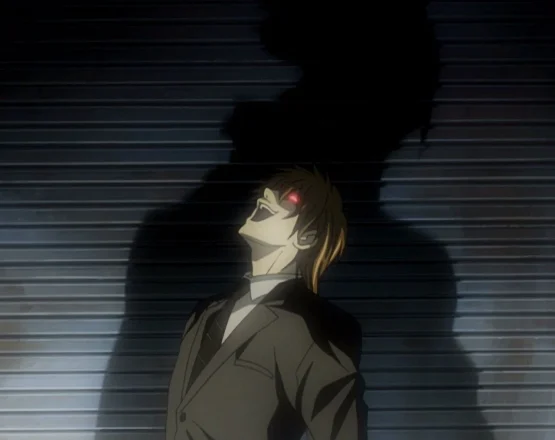
© Tsugumi Ohba, Takeshi Obata / Shueisha, Madhouse. All rights reserved.
The Fall of a Self-Proclaimed God
The Inevitable Downfall
As with all who believe themselves to be gods, Light's reign is ultimately destined to end. His god complex blinds him to his own limitations and vulnerabilities, setting the stage for his eventual downfall.
The Final Confrontation
In the climactic showdown, Light's carefully constructed world comes crashing down around him. Faced with the reality of his own mortality and the weight of his actions, Light's god complex crumbles, revealing the scared, desperate human beneath.
Lessons from Light's Descent
The Danger of Absolute Power
Light's story serves as a cautionary tale about the corrupting influence of power. It reminds us that even those with the best intentions can be led astray when given unchecked authority.
The Importance of Checks and Balances
The absence of any real opposition to Light's power for much of the series highlights the necessity of checks and balances in any system of justice. Without accountability, even the most well-intentioned individuals can become tyrants.
Conclusion: The Legacy of Light's God Complex
As we close the book on Light Yagami's tragic tale, we're left to ponder the nature of power, justice, and morality. Light's god complex, while extreme, reflects very human desires for control and significance. It challenges us to examine our own beliefs and the lengths we might go to if given similar power.
Death Note, through Light's character, asks us profound questions about the nature of good and evil, and the fine line that separates justice from tyranny. It reminds us that true godhood isn't about having the power to take life, but rather the wisdom to preserve and enrich it.
In the end, Light's story is a testament to the complexities of human nature and the dangers of unchecked power. It serves as a haunting reminder that the road to hell is often paved with good intentions, and that even the brightest lights can cast the darkest shadows.
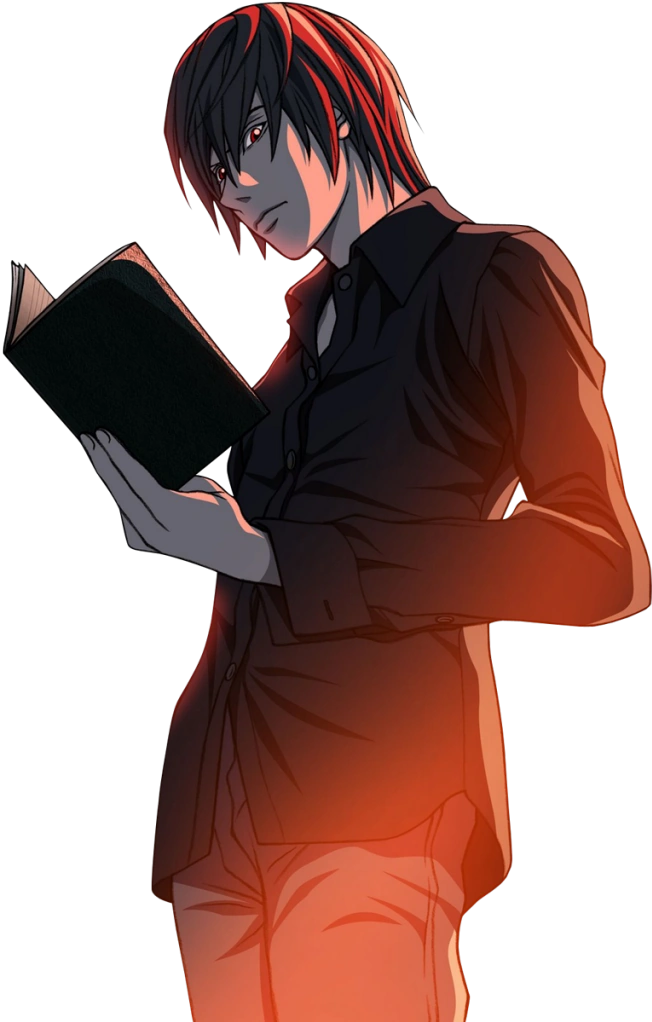
© Tsugumi Ohba, Takeshi Obata / Shueisha, Madhouse. All rights reserved.
Anime Zone!
Gadgets and more!
Blog Posts!
Shiroi Castle is a participant in the Amazon Services LLC Associates Program, an affiliate advertising program designed to provide a means for sites to earn advertising fees by advertising and linking to Amazon.com. Amazon, the Amazon logo, AmazonSupply, and the AmazonSupply logo are trademarks of Amazon.com, Inc., or its affiliates.
Some of the graphics used to design the website has been created by Freepik www.freepik.com, using Adobe Firefly AI or Microsoft Designer.

